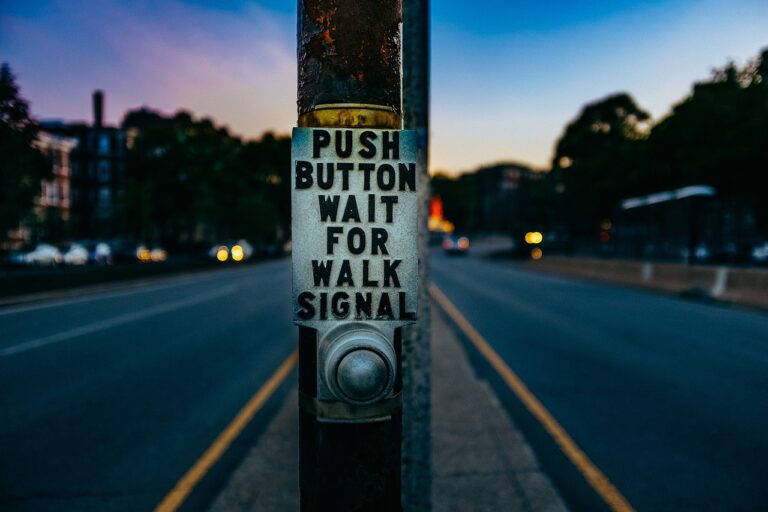Compliance Requirements for Automotive Data Protection Impact Assessments: Tigerexchange247, Golden 77, Sky99exch
tigerexchange247, golden 77, sky99exch: Compliance Requirements for Automotive Data Protection Impact Assessments
As the automotive industry continues to embrace digital technologies and collect vast amounts of data from vehicles, the need to protect this data has become a top priority. Data protection impact assessments (DPIAs) play a crucial role in ensuring that organizations comply with data protection regulations and safeguard the privacy of their customers. In the automotive sector, conducting DPIAs is essential for identifying and mitigating potential risks associated with the processing of personal data.
1. What is a Data Protection Impact Assessment (DPIA)?
A DPIA is a process designed to systematically evaluate the potential risks that processing personal data may pose to individuals’ privacy. It helps organizations identify and address any privacy issues before they occur, ensuring compliance with data protection regulations such as the General Data Protection Regulation (GDPR).
2. Why are DPIAs important in the automotive industry?
In the automotive sector, the collection and processing of data from connected vehicles present unique challenges in terms of data security and privacy. Conducting DPIAs helps organizations in this industry understand the potential risks associated with data processing activities and implement appropriate measures to protect sensitive information.
3. Who should conduct DPIAs in the automotive industry?
DPIAs should be conducted by data protection officers (DPOs) or other designated individuals within automotive organizations responsible for ensuring compliance with data protection regulations. These individuals should have a thorough understanding of data protection laws and the specific requirements of the automotive industry.
4. What are the key compliance requirements for conducting DPIAs in the automotive industry?
– Organizations must document the DPIA process and outcomes, including a description of the processing activities and an assessment of the risks to individuals’ privacy.
– DPIAs should be conducted before initiating any new data processing activities or making significant changes to existing processes.
– Organizations must involve relevant stakeholders, such as IT and security teams, legal counsel, and data protection authorities, in the DPIA process.
– DPIAs should be reviewed and updated regularly to ensure ongoing compliance with data protection regulations.
5. How can automotive organizations ensure compliance with DPIA requirements?
To ensure compliance with DPIA requirements, automotive organizations should:
– Implement robust data protection policies and procedures.
– Provide regular training to employees on data protection best practices.
– Conduct regular audits and assessments of data processing activities.
– Work closely with data protection authorities to address any compliance issues.
6. What are the consequences of non-compliance with DPIA requirements in the automotive industry?
Failure to comply with DPIA requirements in the automotive industry can result in severe penalties, including fines and reputational damage. Organizations that fail to conduct DPIAs or implement appropriate data protection measures may face lawsuits and other legal consequences.
In conclusion, compliance with DPIA requirements is essential for automotive organizations to protect the privacy of their customers and comply with data protection regulations. By conducting DPIAs diligently and implementing robust data protection measures, organizations can minimize the risks associated with data processing activities and build trust with their customers.
FAQs
Q: Is conducting DPIAs mandatory for all automotive organizations?
A: While DPIAs are not mandatory for all automotive organizations, they are highly recommended to ensure compliance with data protection regulations and protect the privacy of customers.
Q: How often should automotive organizations conduct DPIAs?
A: Automotive organizations should conduct DPIAs regularly, especially before initiating new data processing activities or making significant changes to existing processes. Regular reviews and updates of DPIAs are also essential to ensure ongoing compliance.
Q: Who should be involved in the DPIA process in automotive organizations?
A: Relevant stakeholders, such as data protection officers, IT and security teams, legal counsel, and data protection authorities, should be involved in the DPIA process to ensure a comprehensive assessment of potential privacy risks.







